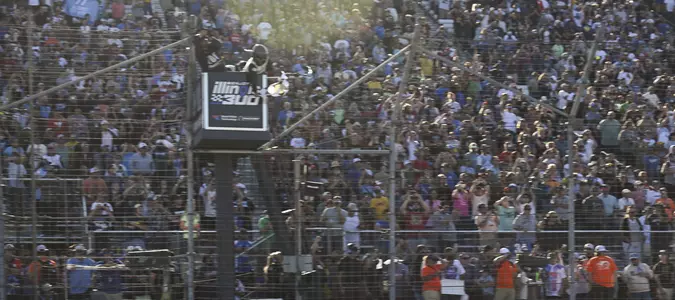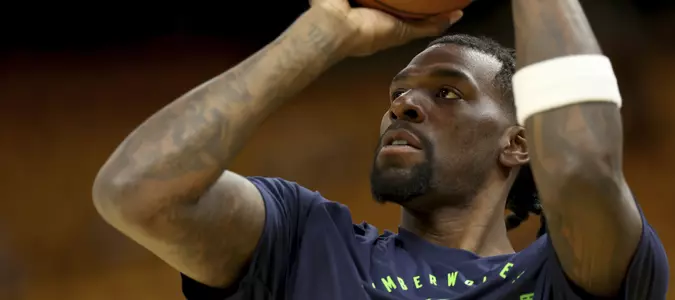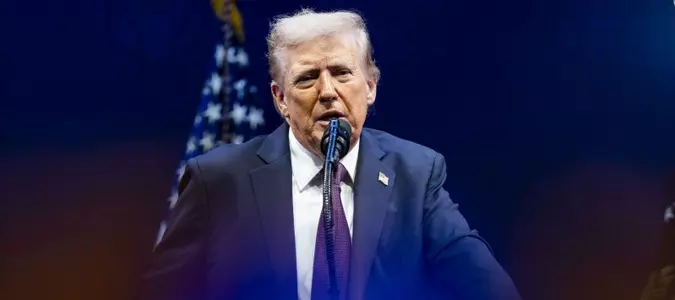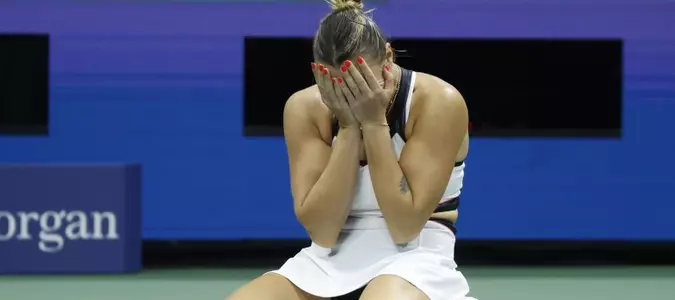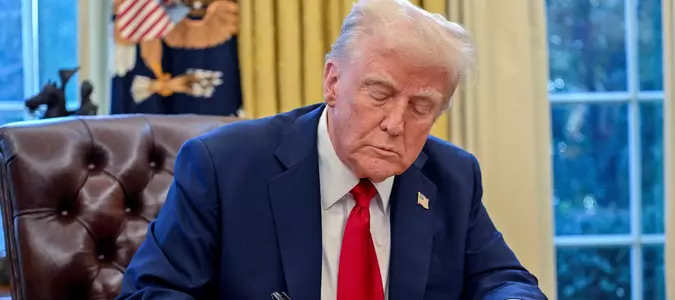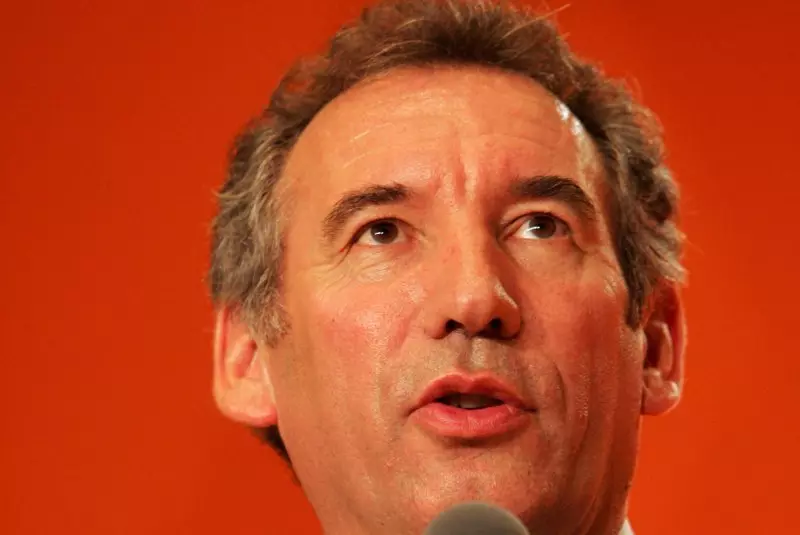

French Prime Minister Francois Bayrou faces potential ouster
A stand over his cost-cutting 2026 budget was likely to cost the French Prime Minister his job, with lawmakers set to vote against him in a confidence vote.

French Prime Minister Francois Bayrou was expected to lose a confidence vote he said he called to shock people over the state of France's finances and force lawmakers to consider spending cuts he had been pushing for. File photo by Eco Clement/UPI UPI
Sept. 8 (UPI) -- French Prime Minister Francois Bayrou was expected to be unseated Monday in a confidence vote he called himself in a bid to force drastic spending cuts of $51.6 billion through the National Assembly.
Bayrou has been waging an uphill battle to pass his deeply unpopular 2026 budget, which seeks to tackle France's ballooning national debt with spending cuts, axing two public holidays and a freeze on most welfare benefits.
The centrist leader wants to slash 1.2% from the deficit as a percentage of GDP, reducing it to 4.6% in the next financial year, even as that will still leave France in breach of European Union rules mandating that states that use the euro keep budget deficits to a maximum 3% of GDP.
He has framed the confidence vote as existential, calling it a "grave and urgent" time for France.
But with opposition politicians across the spectrum planning to oust the fourth prime minister in three years, the collapse of Bayrou's minority government after just nine months in office is set to trigger a political crisis in Europe's second-largest economy.
President Emmanuel Macron will be faced with having to appoint yet another prime minister to manage domestic matters -- national security and foreign policy are the preserve of the head of state -- with no change in a legislature gridlocked along ideological lines.
"This crisis was provoked and fueled by President Emmanuel Macron and all those who have served him. Today, because of them, France is the sick man of Europe," said far-right National Rally party leader Marine Le Pen.
Left-wing parties, the largest grouping in parliament but lacking a majority, were urging Macron to select a prime minister from their ranks as the only solution to the crisis.
"[Macron] can't go against the results of the polls a third time," said Green Party leader Marine Tondelier.
However, right-leaning Les Republicains, part of Bayrou's Democratic Movement-led coalition, rejected that idea outright with leader and Interior Minister Bruno Retailleau saying there was no chance his party would accept a socialist candidate.
The fall of Bayrou's government so soon after the fall of the administration of predecessor Michel Barnier in December was not likely to be well received by global financial markets, with knock-on effects for France's borrowing costs.
In Monday morning trade, the yield on the government's 30-year bond was running at 4.35% and the 10-year bond yield was 3.43%.
Former Bank of France Governor Jean-Claude Trichet told CNBC that France was facing the double whammy of "a difficult situation in terms of fiscal balance and a very difficult situation, politically."
"I understand that the prime minister wanted to put all political parties in front of their responsibility in terms of asking them to recognize that there was a problem. Unfortunately, for political reasons, the extreme right and the left, including the Socialist Party, decided that it was not in their political interest to play the game of continuing with Bayrou.
"You can already consider that Bayrou is no [longer] the prime minister," Trichet said.




